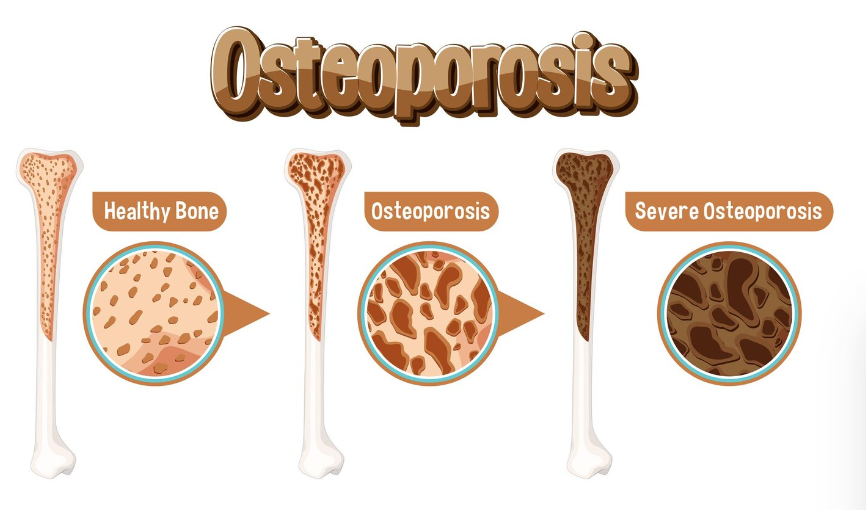
Types and Classification of Osteogenesis Imperfecta
Osteogenesis Imperfecta (OI), often referred to as brittle bone disease, is a genetic disorder that affects the bones’ strength and causes them to break easily. Let’s delve into the different types and classifications of OI in simple terms.
1. Type I: Mild OI
- This type is the mildest form of OI.
- Individuals with Type I OI may have slightly fragile bones, but they tend to have a normal or near-normal stature.
- They may experience only a few fractures throughout their lifetime.
2. Type II: Perinatal Lethal OI
- Type II OI is the most severe form and is usually diagnosed before birth or shortly after.
- Babies born with Type II OI often have multiple fractures, severe bone deformities, and respiratory problems.
- Unfortunately, many infants with Type II OI do not survive beyond the first few weeks or months of life.
3. Type III: Severe OI
- Type III OI is also severe but less so than Type II.
- Individuals with Type III OI may experience frequent fractures, bone deformities, and short stature.
- Despite the severity, life expectancy is usually normal, and individuals can lead relatively independent lives with appropriate management.
4. Type IV: Moderate OI
- Type IV OI falls between Type I and Type III in terms of severity.
- Individuals with Type IV OI may experience moderate bone fragility, frequent fractures, and short stature.
- With proper care and management, individuals with Type IV OI can lead relatively normal lives.
5. Other Types:
- In addition to the main types, there are rarer forms of OI, such as Type V and Type VI, which have distinct features and characteristics.
Conclusion: Understanding the types and classifications of Osteogenesis Imperfecta is essential for proper diagnosis and management. If you or someone you know shows signs of OI, such as frequent fractures or bone deformities, consult a healthcare professional for further evaluation and guidance.
To seek medical advice, always consult a Doctor. Here are our recommended experts. Click Here
To read more on Brittle Bone Disease Or Osteogenesis Imperfecta. Click Here


